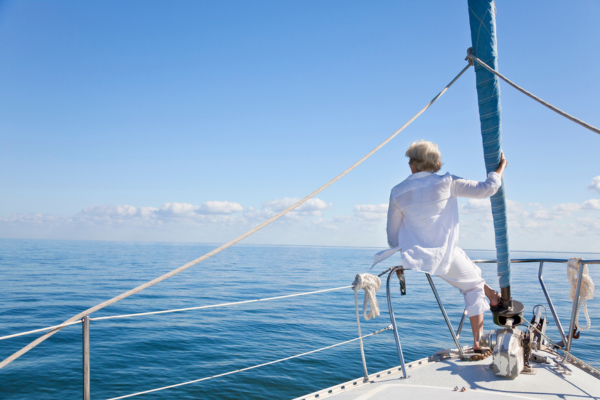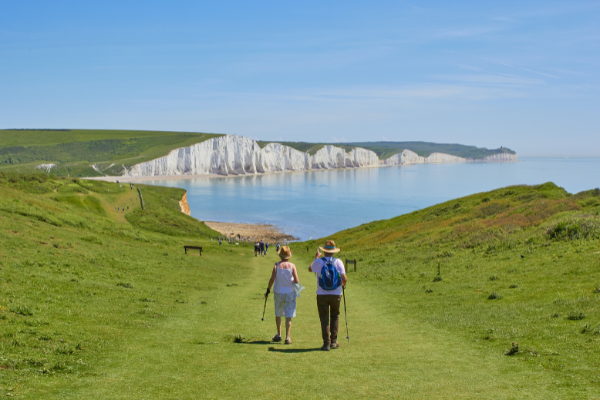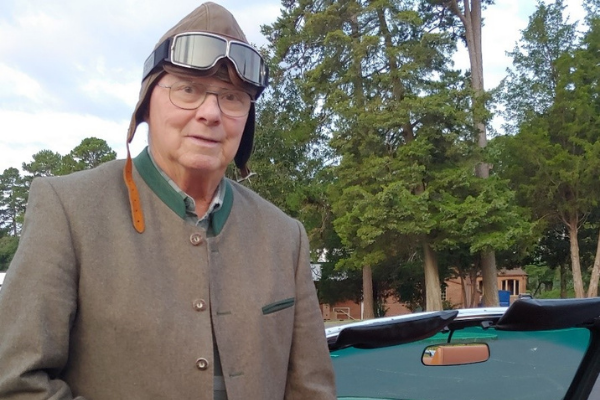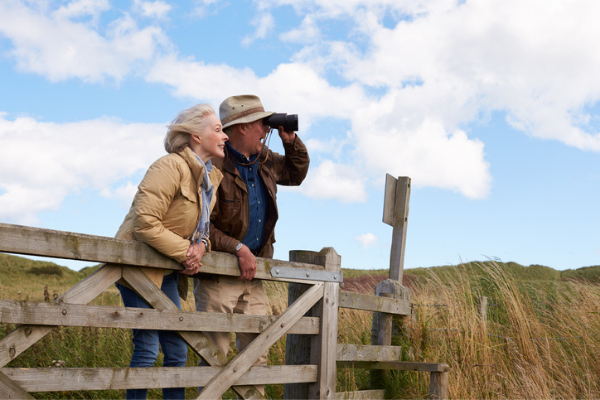
Did you choose retirement? Or was it chosen for you?
I chose to retire when I wanted and that was in 2007. My position was safe. However, there developed circumstances that reinforced my decision. I wanted to spend more time on my hobby of ornithology as a volunteer for the Ohio Breeding Bird Atlas. It was a six-year study, that had just started, and the company planned to move my lab from the R&D center where I spent my career in industry to the plant, which was 10 miles further away from home.
How was the transition from the working world to retirement?
The transition to retirement was very easy. I was hired back as a consultant the day after I retired to help train my replacement and help on technical problems, consisting of one to three afternoons a week. This lasted almost three years. By that time, I was very happy to end the consulting. These days some companies allow employees to phase out of full-time employment and into retirement.
There was actually nothing that surprised me about retirement that I needed to know more about before retiring.
What surprised me most about retirement may have been that I missed my technical interactions with colleagues more than I expected I would.
What’s your best advice for someone in their 20s/30s?
My advice to young people is this: Experiences are more important than things. Experience what you can in the world while you are young because it gets harder to do as you age. Owning things in the end is not important.
What do you enjoy most about being retired?
In retirement I have lots of time to enjoy my hobby of ornithology, which I share with my wife. We can be out everyday enjoying the birds and each other and almost anywhere we are. We do a number of volunteer projects in this hobby and have travelled to many countries to see their birds and experience their culture as a result. We belong to a number of Audubon chapters and bird clubs, and have made bird presentations to them as well. Some of our projects have even led to publications.
What’s the biggest challenge you have confronted to this point in your retirement?
Our biggest challenge, besides health, is how to condense 50 years of stuff to a minimum to make our last years simpler. Some of this stuff consists of old chemically related items (memorabilia) to which I am attached.
How do you stay connected to the chemistry enterprise as a retiree?
I have stayed connected to the chemistry enterprise mainly through ACS activities. As a councilor for the Cleveland Section for over 30 years, as least 10 of those in retirement, I attended all the national meetings, worked on committees, attended council and technical meetings, and most local section meetings. I am still an Alternate Councilor and Trustee for the section. I still read C&EN cover to cover. I also developed a talk called “Chemistry is for the Birds,” which I presented to a number of ACS local sections throughout the US and published as installments in the Senior Chemists Committee newsletters.
What’s a travel destination you can’t wait to get back to?
A travel destination to get back to would be South America to see more of their birds. There are new species still being discovered there. A new destination might be Mexico, as we saved this country for last to bird thinking travelling there would be easier in later years. COVID-19 has put a crimp in that plan.
What do you like most about where you are living in retirement? What’s one thing you wish you could change about where you live?
We live in northeast Ohio, just a few miles from the Cuyahoga Valley National Park, the Cleveland and Akron Metroparks, and Lake Erie. All of these areas provide excellent bird-watching experiences and opportunities for volunteering. I wish we could get more sunshine.
What guidance do you have for people who are getting ready to retire?
Before you retire, I suggest that you have a solid plan of what you will do to occupy your time and make sure it can be done year-round, and best with a partner.
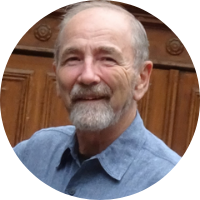
Dwight Chasar graduated from the University of Pittsburgh with a BS in chemistry in 1964, earned his PhD from Case Western Reserve University in 1968, and was a post-doctoral fellow and teaching associate at SUNY Buffalo in 1968-69. He served in the US Army for two years after that at the US Army Natick Research Labs in Massachusetts. He was an assistant professor at the University of Pittsburgh, Johnstown, for three years, and then joined BF Goodrich.
Dwight spent 33 years working at the same telephone extension and lab, and he saw BF Goodrich’s transition from Noveon to Lubrizol and then Emerald Performance Materials. In 2007, Dwight retired as a research and development fellow. During his time at BF Goodrich, he earned a technical recognition award, was awarded 24 patents, wrote multiple technical publications, and gave many presentations in the US and Europe.
During his entire career, he has been active an ACS member, holding many elected positions in the Cleveland Local Section. He has been an ACS Councilor for 33 years, serving on and chairing National ACS committees. In 2010, he was named an ACS Fellow for contributions to ACS and chemical profession, and in 2020 he received the Robert B. Cummings Distinguished Leadership Award of the Cleveland Technical Societies Council.
Dwight enjoys bird watching in US and has traveled to more than 20 countries, which has allowed him to see more than 3000 species. He is currently a reviewer for eBird (Cornell Lab of Ornithology) for three counties in Ohio. What he enjoys most about his life: He is never bored.
This article has been edited for length and clarity. The opinions expressed in this article are the author's own and do not necessarily reflect the view of their employer or the American Chemical Society.

